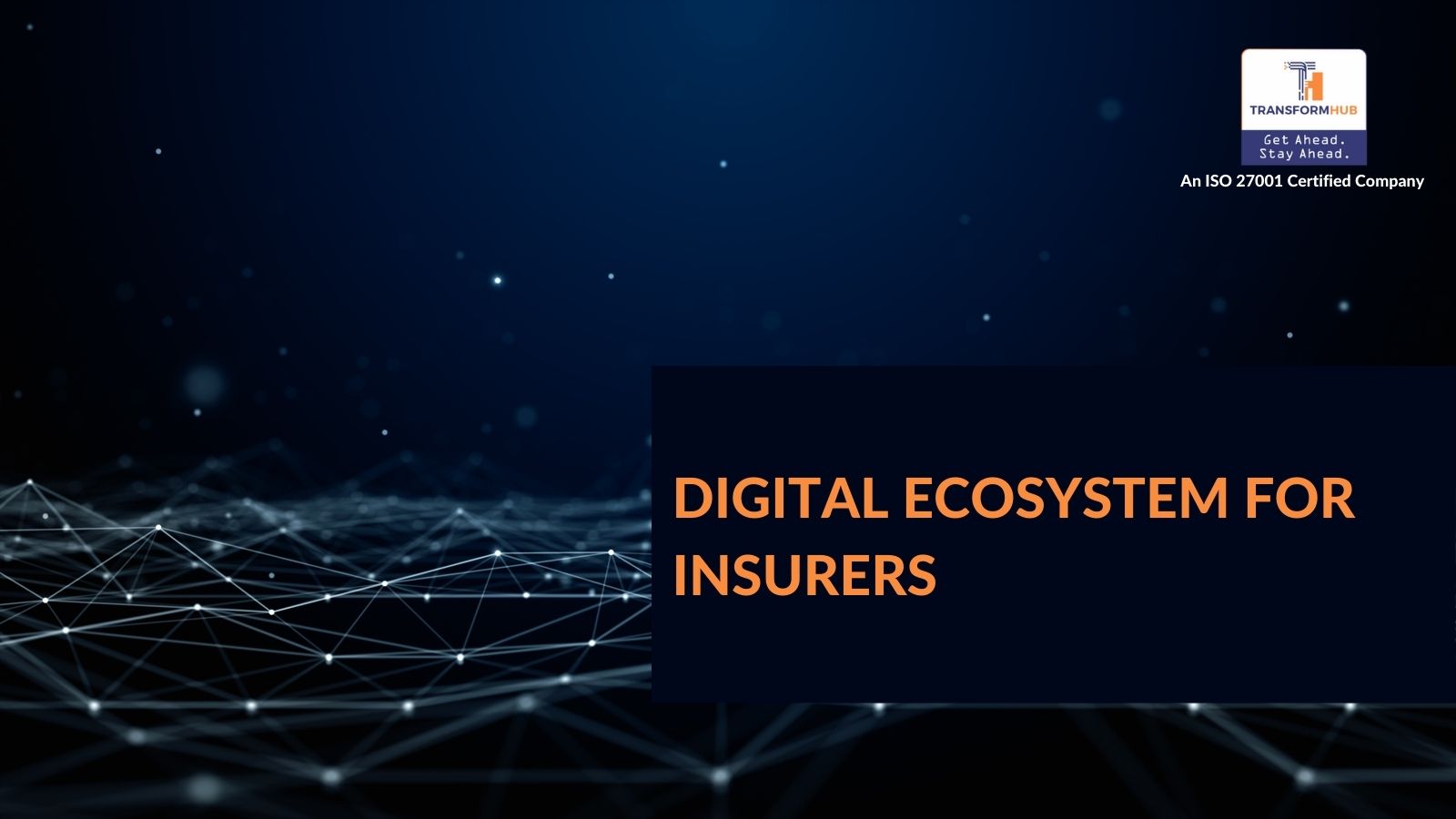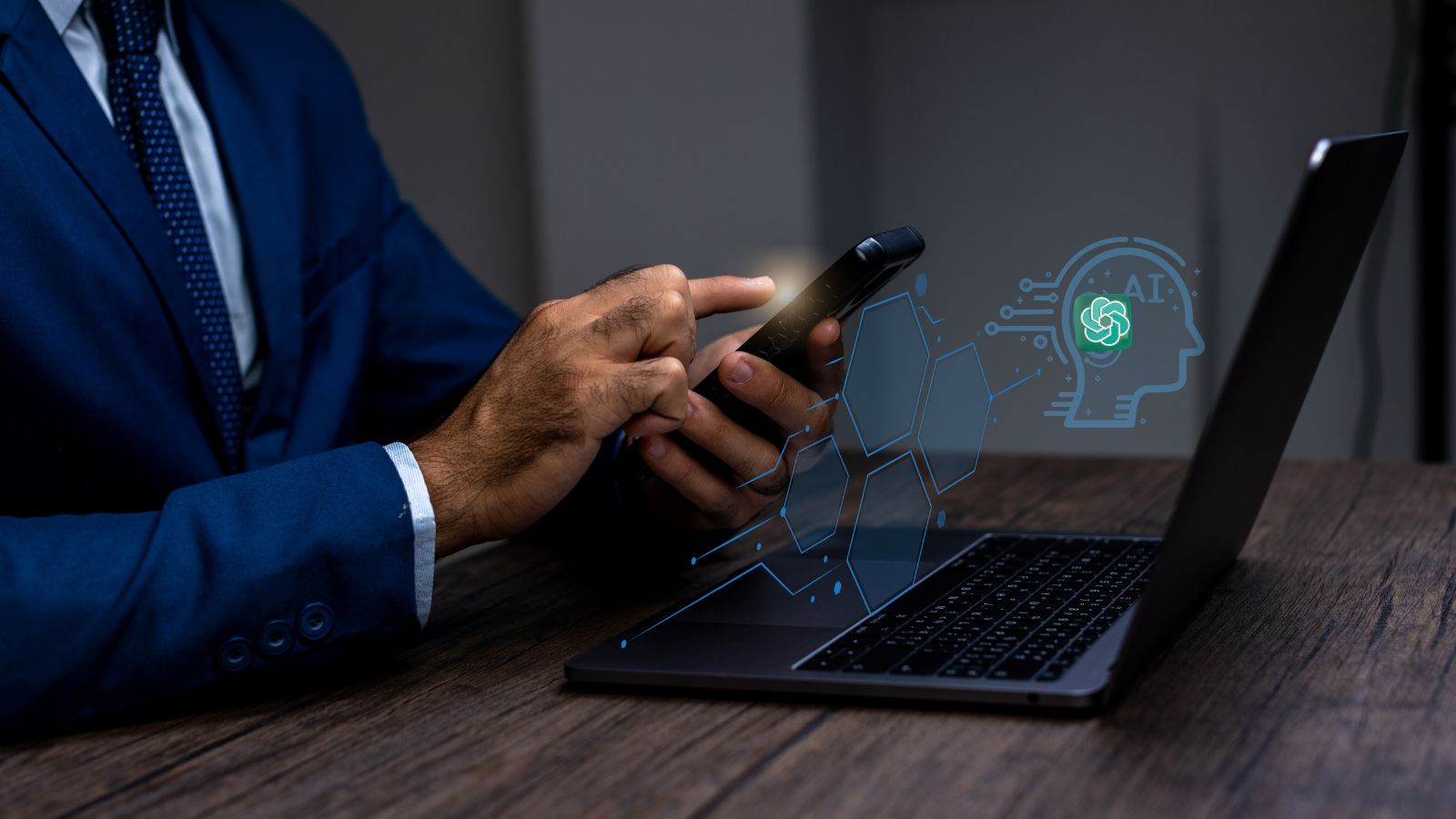IoT's Impact on Digital Transformation Services
In today's rapidly evolving digital ecosystem, the convergence of technology has birthed groundbreaking solutions that continue to reshape the business landscape. Among these, the Internet of Things (IoT) stands out as a transformative force, significantly impacting how businesses operate, innovate, and adapt to the ever-changing market dynamics.
Understanding IoT and its Significance in Digital Transformation Services
At its core, IoT refers to the interconnected network of devices, sensors, and systems that communicate and share data with each other via the internet. This network facilitates the collection, analysis, and utilization of vast amounts of data, providing invaluable insights for businesses to make informed decisions.
IoT's Role in Digital Transformation Services
The influence of IoT on digital transformation services is profound, revolutionizing various industry verticals by:
1. Enhancing Operational Efficiency:
IoT-enabled devices gather real-time data, enabling businesses to optimize operations, streamline processes, and minimize downtime. In manufacturing, sensors on machinery collect data for predictive maintenance, reducing disruptions and enhancing productivity.
2. Data-Driven Insights:
The sheer volume of data generated by IoT devices provides a goldmine of insights. These insights fuel data-driven decision-making, enabling businesses to understand consumer behavior, predict trends, and tailor their offerings accordingly.
3. Improving Customer Experience:
IoT facilitates the creation of personalized and seamless customer experiences. In retail, for instance, smart devices and beacons track customer movements, allowing for targeted marketing and enhancing in-store experiences.
4. Enabling Smart Cities and Infrastructure:
IoT plays a pivotal role in transforming cities into smarter, more efficient ecosystems. Connected devices in urban infrastructure monitor traffic flow, manage energy consumption, and enhance public services.
5. Healthcare Innovations:
IoT-driven innovations in healthcare range from remote patient monitoring to wearable devices that track vital signs. These advancements contribute to more proactive and personalized patient care.
Challenges and Considerations in IoT-Driven Digital Transformation
While IoT presents a multitude of opportunities, it also comes with its set of challenges:
1. Security Concerns:
The interconnected nature of IoT devices poses security risks. Safeguarding data and systems against potential breaches and cyber threats is paramount.
2. Data Privacy and Ethics:
With the copious amounts of data collected, ensuring data privacy and adhering to ethical guidelines in its usage is a critical consideration.
3. Interoperability and Standards:
The need for standardized protocols and interoperability between various IoT devices is crucial to ensure seamless integration and communication.
Real-Life Applications of IoT in Digital Transformation
- Smart Agriculture: IoT devices monitor soil conditions, weather patterns, and crop health, optimizing farming practices.
- Logistics and Supply Chain Management: Tracking goods in transit, managing inventory, and enhancing supply chain efficiency using IoT devices.
- Energy Management: IoT devices regulate energy usage in smart homes and industries, optimizing consumption and reducing waste.
The Future Landscape of IoT-Driven Digital Transformation
As IoT continues to evolve, the future is poised for even more innovation. From the proliferation of 5G networks facilitating faster and more efficient connectivity to the emergence of edge computing, enabling real-time data processing, the potential for IoT's influence on digital transformation is vast and promising.
Conclusion: Embracing the IoT Revolution
In conclusion, IoT's influence on digital transformation services is monumental. Its ability to connect devices, gather data, and derive actionable insights is reshaping industries and business operations at an unprecedented pace. Embracing this technological revolution, while addressing its challenges, is key for businesses aiming to stay competitive and relevant in an increasingly interconnected world.
The amalgamation of IoT with digital transformation services not only promises greater efficiencies and innovations but also heralds a future where businesses are not just adaptive but proactive in leveraging technology to drive success.
IoT stands as a beacon guiding the digital transformation journey, illuminating the path toward a future where connectivity and data-driven insights redefine the way businesses operate, innovate, and thrive in the global marketplace.
Share this
You May Also Like
These Related Stories

How Digital Transformation implement Payments in Oil & Gas industry

Digital Ecosystem For Insurers




